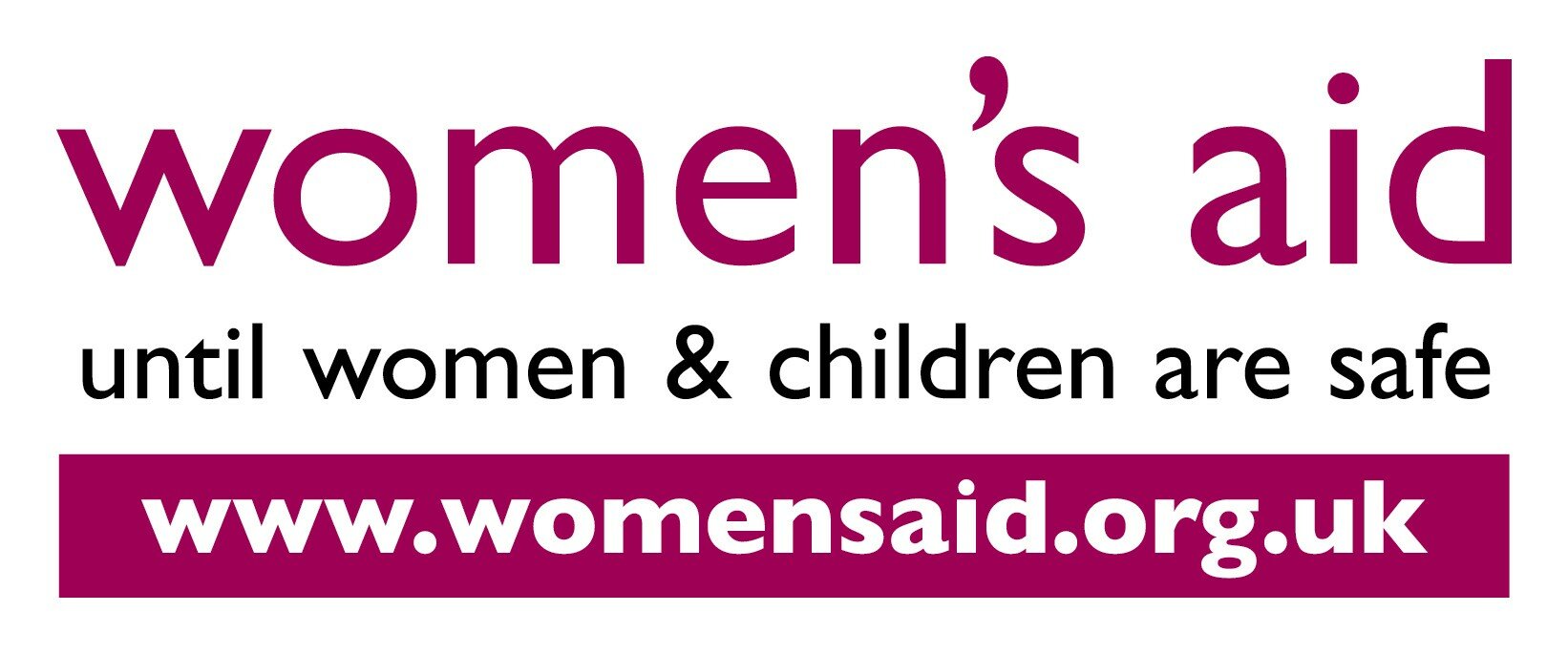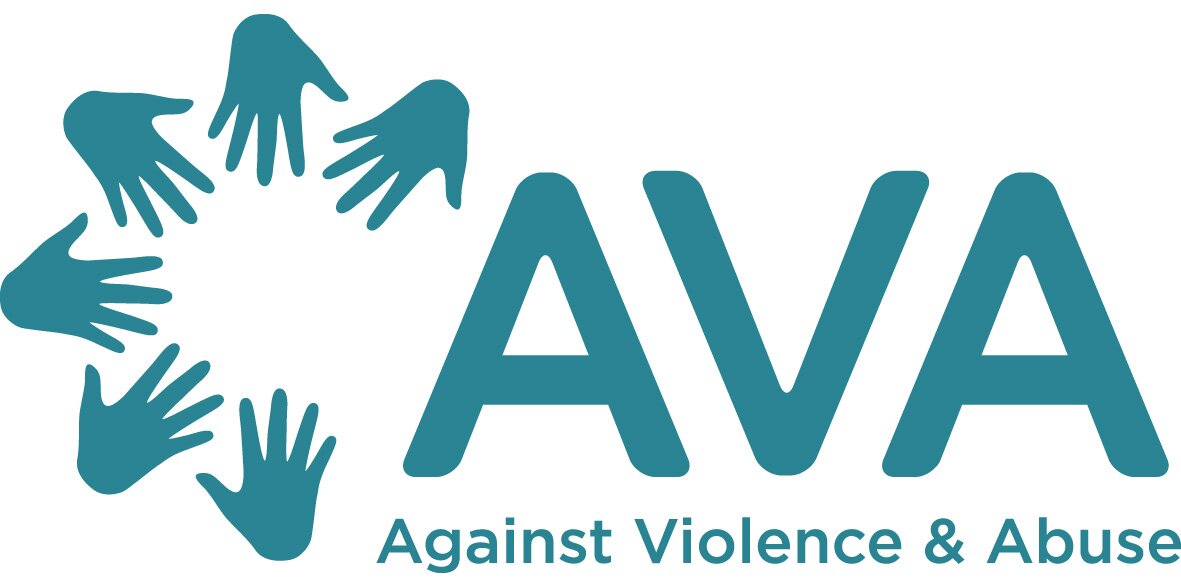WRC has facilitated the development of this unique collaboration over the past two years, in order to strengthen the sector, share expertise and learning and ensure the diverse needs of survivors of all forms of violence are met with a holistic and high quality provision. The Consortium includes organisations working in the area of prevention and with male perpetrators and survivors.
The success of the consortium lies in the absolute commitment of all the members to achieve progress and to work together.
The consortium is a sector led response to the reduction in funding for our work, an increase in competitive tendering which threatens the survival of organisations specialisms, and the need to ensure survivors receive the best service possible.
The consortium’s model of partnership working is unique having been developed over two years and embeds feminist anti racist principles and ethos, because HOW and WHO delivers services is as important as the service itself.
Government work on VAWG
- Home Office Violence Against Women and Girls Team VAWG Newsletter, Winter 2013
- Theresa May's speech At the Women's Aid National Conference on July 16th 2010 about the Coalition Government's commitment to end VAWG.
- Call to end violence against women and girls: strategic vision Cross-governmental national strategy on VAWG, with obligations for government on ending VAWG
- Call to end violence against women and girls: action plan (March 2011)
- The Way Forward(March 2010): The Mayor's strategy to end VAWG in London.
- Tackling VAWG: A guide to good practice communication (2011): A GEO guidance paper and toolkit to inform government communication in the area of VAWG and support the Government's VAW strategy. The GEO recognises that effective and strategic communications will play a key role in shifting public attitudes towards VAWG.
- The Stern Independent Review : An investigation into the way rape complaints are handled by public authorities in England and Wales, from the moment a rape is first disclosed until the court has reached a verdict. The government have published a response to this review.
- The Alberti Review: A series of recommendations for the National Health Service (NHS) to better support victims of violence. It stresses that increased awareness,training and education is necessary for NHS staff to respond to VAWG effectively.
- Sexualisation of Young People Review (Feb 2010) :The review examines how sexualised images and messages may be affecting the development of children and young people and influencing cultural norms. The review also examines the evidence linking the sexualisation of young people with violence.
Working in partnership
Developing individual donors
Good practise briefing on trafficking
Young Women and Violence
Honour Based Violence - To love and cherish?
Empowering and creative techniques to enhance therapeutic engagement
Child protection awareness
Consultation for the second Mayoral Strategy on Violence Against Women and Girls (2013-17)
The Mayor’s first VAWG strategy, The Way Forward: a call to action to end violence against women was launched in April 2009, and this consultation will inform the Mayor’s second VAWG strategy (2013-17) which aims to build on the work done to address VAWG over the last four years.
**UPDATE** We have now published a template response for MOPAC’s VAWG consultation. Please click here for more information and to access the template.
Quality Assurance Standards in the VAWG sector
In order to guarantee that services offered to those affected by VAWG follow good practice and agreed principles in service provision, a group of organisations have develop a set of quality assurance standards in the area. These standards have been developed with the purpose to promote a consistently high-quality in the services that are capable to address the issue in its integrity, as well as respond to the specialist needs of BME women and minority women, as well as those affected by specific harmful practices.
In this page, you can find information on the standards developed by Rape Crisis (England and Wales) together with Rape Crisis Scotland, Women’s Aid and AVA (Against Violence and Abuse).
Rape Crisis (England and Wales)
In November 2011 the Rape Crisis National Service Standards (RCNSS) were launched in order to provide a benchmark for excellence for VAWG services. They were developed jointly by Rape Crisis England and Wales and Rape Crisis Scotland with the purpose of ensuring a consistent high quality service was provided throughout the centres to women affected by VAWG as well as the provision of specialist services.
The RCNSS not only relates to the quality of services, but are also underpinned by a series of values and feminist principles aimed at challenging “attitudes and structures within society that (…) condone or legitimise sexual violence against women”. As part of these principles, services are required to offer women-only spaces as well as the opportunity for women service user to work with women.
The RCNSS reflect a process of research, consultation and reflection that took into account the voices of those affected by VAWG and of front-line providers.
The RCNSS are underpinned by a set of core principles agreed by Women’s Aid England, Rape Crisis (England and Wales) and the Women’s National Commission, as well as having been against other key quality assurance frameworks including the Council of Europe Minimum Standards for VAW Support Services.
The RCNSS also constitute a tool for learning and development, and provide commissioners with the evidence that the services they are purchasing represent both quality and value for money.
The Rape Crisis standards incorporate a series of principles developed by Women’s Aid that place the issue of VAWG within an equality and human rights framework; requires the active promotion of an anti-discriminatory practice; aims to support the empowerment of women while challenging social tolerance of sexual and domestic violence and encourages coordinated response by involved agencies.
The standards are supported by an online self-assessment tool that organisations can use to identify gaps and areas in need of work.
The RCNSS are divided into nine sections:
- Organisational requirements
- Values
- Strategy and governance
- Managing services
- Working with service users
- Protecting service users and staff/volunteers
- Diversity, equality and access
- Service user involvement and participation
- Developing the organisation
The Rape Crisis National Service Standards can be accessed through this link:
Rape Crisis National Service Standards
Women’s Aid has developed a set of service standards for domestic and sexual violence.
Initially, these standards were specific to Domestic Violence services, but they were later extended to include sexual violence to become the National Service Standards for Domestic and Sexual Violence (NSSDSV).
The Women’s Aid standards form part of a wider quality framework and of a national accredited training. Each standard is presented with its indicators and possible sources of evidence, as well as specific guidance on particular concepts.
For instance, under some standards, specific guidance is provided regarding the concept of ‘human dignity’. Following the guidelines, front-line workers must demonstrate the understanding of this concept to signify that all human beings are worthy of and deserve unconditional respect, regardless of age, sex, health status, social or ethnic origin, political ideas, religion, or criminal history. If violated, this can be considered discrimination. This intrinsic worthiness is widely recognised by international law as the source of all human rights.
The NSSDSV are structured around a set of core principles that comprise:
- Understanding sexual and domestic violence and its impact
- Safety security and dignity
- Diversity and fair access to services
- Advocacy and support
- Empowerment and participation
- Confidentiality
- A coordinated, multi-agency response
- Challenging social tolerance of sexual and domestic violence and holding perpetrators accountable
- Accountability and governance
The National Service Standards for Domestic and Sexual Violence developed by Women’s Aid can be accessed through this link.
Against Violence and Abuse (AVA)
AVA has developed, in consultation with services providers and survivors, a set of quality assurance standards for drug and alcohol agencies and domestic violence agencies in working with VAWG. These standards can be found here:
AVA DV STANDARDS
AVA SV STANDARDS
AVA’s their accredited training reflect the National Occupation Standards (NOS) developed in 2009 by Skills for Justice (http://www.skillsforjustice.com) regarding Preventing and Tackling Domestic and Sexual Abuse and Violence.
These standards provide definitions of domestic and sexual abuse and violence and help inform the choices and activities that front-line workers carry out, identifies the knowledge and training that is required for the providing high-quality support and establishes the links with other workers and organisations that should be established in order to guarantee that adequate support is provided.
Information on the different standards that underpin AVA’s work can be found here.
A list of NOS for the VAWG sector can be found in the National Occupational Standards website.
- From Rights to Action (2011):Rights of Women have recently produced a toolkit on using international rights and mechanisms on violence against women in the UK.
- A Bitter Pill to Swallow (Jan 2010):This report is the result of a series of WNC focus groups commissioned to inform the Department of Health (DoH) Taskforce on the health aspects of VAWG.
- ROTA Female Voice in Violence report (Jan 2010): This research forms part of the Race on the Agenda (ROTA) Female Voice in Violence Programme which looks at the impact of serious youth and gang violence on women and girls. The research highlighted concerns about the lack of appropriate services available to those females caught up in gangs, the use of sexual violence by gang members, and the impact of serious violence on their sexual and mental health.
- Measuring Up? UK compliance with international commitments on violence against women in England and Wales (2010):Rights of Women produced this report to assess how current law and policy related to violence against women in England and Wales measures up to UK commitments under international law.
For more information on VAWG click here.



